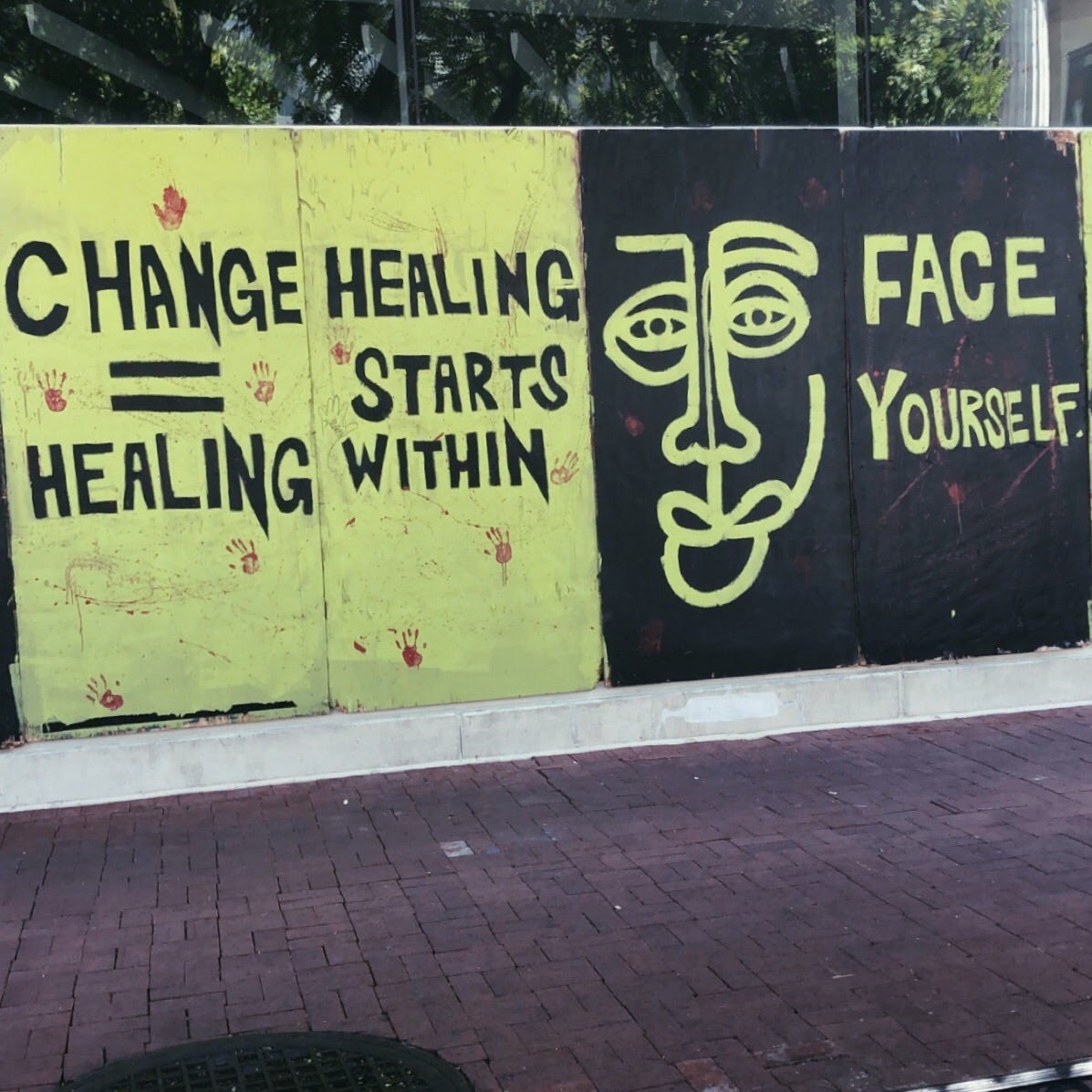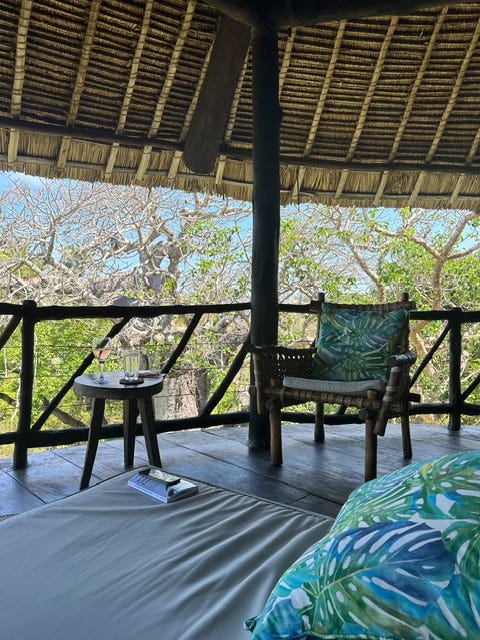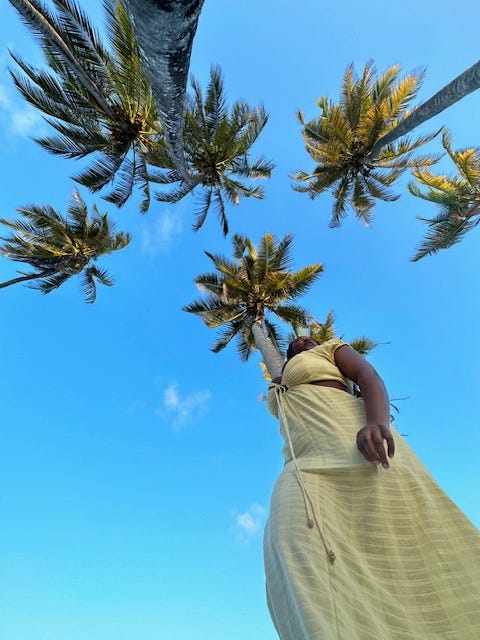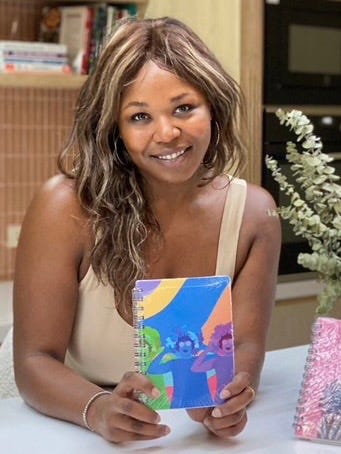in the bible, there is the father, the son and the holy spirit, but in nature, there is no such hierarchy. there are birds, trees, hills, grass, flowers, snakes, spiders, and butterflies together, existing side-by-side, and still, we’ve rejected this Natural Law wherein all beings are valued at the behest of white supremacy.
first embodied by indigenous peoples, we’ve replaced Natural Law with hierarchical hexes: our narcissistic belief that not only are we the most intelligent beings of all, but there are also ranks amongst us. our brainwashing to adhere to this begins from a young age: gold stars on homework, first place at the soccer tournament, captain of the dance team, perfect SATs and GCSEs, having the newest smartphone, the whitest smiles, and the best family.
taken in washington, d.c. (2020)
as time goes on, we grow more and more determined to fly first class, work c-suite, eat michelin star, wear designer, see concerts front row, drive german, live on the top floor or on the country club, vacation often and have the perfect life. our imaginations are trained and confined to scan for ‘alphas’ and ‘betas,’ ‘winners,’ and ‘losers,’ ‘civilized,’ and ‘savage’ in our every interaction. this approach to living is our hierarchical hex, and whether the consequences are as big as apartheid, genocide, mass shootings, femicide, or as seemingly insignificant as the idea that, ‘anything you can do, i can do better,’ at the root of all of it is white supremacist programming that another being has less value than we do.
meanwhile, trees use ‘the wood wide web’ to feed each other nutrients protecting against pathogens they detect. for them, if one is sick, all are sick; they create enzymes to protect one another, leaving no tree in the ecosystem to fend for itself. one is not more worthy of protection than another; imagine if we too approached life in this way? what might life without imaginary ranks and clauses be? instead of choosing white supremacy, we could could live like the legends in Cree and Ojibwe folklore, or with kaitiakitanga like The Maōri, or by the principles of Shintoism; we could use an 8-season calendar like The Sámi, or talk to Orishas like The Yoruba; we could center our lives around Earth instead of living by hierarchical hexes.
even within more utopian frameworks like communism, if we really think about it, a hierarchy still exists between the people and the state. and though i believe borrowing from communism can improve our lives a lot, especially regarding our collective power, history suggests societies are only as free as we feel ourselves to be individually, and for most of history, we’ve been hexing ourselves. this is not a denouncement of communism, but a suggestion that we expand our imaginations even further in pursuit of a state void of hierarchy in tandem with Natural Law. in my mind, this society would be stateless, free of billionaires, evil geniuses, and best of all, of money altogether. nonetheless, i’m sure we’d still find ways to make distinctions between ourselves and others, so my only suggestion is we do so without putting anyone on pedestals.
taken in the luxury treehouse in tiwi, kenya (2022)
the most clarifying experiences i’ve had of how to do this versus what it means to live under a hierarchical hex have come from people–both ones i thought i knew after significant time and space shared, and myself. my biggest realizations about how widespread and damning our collective desperation is to be atop the socioeconomic hierarchy came last summer in new york in a mere four or five gatherings wherein i heard a range of sentiments:
“build the wall,” on multiple occasions from a first-generation American woman whose family emigrated from Nigeria; “imagine making less than six figures…how tragic,” from a Black twenty-something working for DoorDash, which just gave $1 million to Andrew Cuomo, allegedly, to ensure their New York delivery contractors are paid less, and their restaurant contractors, charged more; “you have two failed businesses,” from a young Black man awaiting his LSAT results who also quipped, “i only tip for exceptional service…otherwise, i leave $0.”
in between feeling sick to my stomach, i vowed to never see these people again, college friends and blood relatives included. they made me realize that only at the lowest of my racial self esteem did i seek to place anyone below me. growing up in white neighborhoods and schools, i quickly learned that being included relied on being seen as relatable, and if i couldn’t use my skin to prove that, i could use my class privilege. unabashedly, i used as armor phrases like, “we vacation in the caribbean,” “when we test drove my dad’s [insert german car here]...” and my favorite, “they save lives for a living,” to set me apart from poor kids who couldn’t say the same. these privileges were my protection as well as proof that i too had bought into the hierarchical hex, and even worse, wielded it against others whenever i felt i needed to get a leg up. now, over a decade had passed since i was that person, and in that time i detoxed that tendency from my spirit; life had shown me that you can do everything in your power ‘to get ahead,’ but you’ll always just be human–fragile, fallible, and only truly ‘doing as well’ as the other beings on Earth are.
ironically, traveling and living abroad was the medicine that shattered my attachment to our hierarchical hex. in the fall of 2022, i found myself in tiwi, kenya, staying in a one-of-a-kind, beachfront tree house serviced by three Black Kenyans but owned by a white one. as idyllic as the experience was and as easygoing as me and my dear friend Germaine were, i felt sick the entire time. by that point, i had stayed in all-inclusives across the caribbean and a handful of ‘hotel particuliers’ in europe, i had experienced the four and five-star treatment they offered, typically, at the hands of Black and brown folks from The Global South, but it wasn’t until i found myself in a fully-serviced mansion i paid a measly $300 for for an entire week that my privilege hit me over the head.
suddenly, i found myself fuming with anger as we coasted down dirt roads, the same ones that white brits had for 68 years during their ‘campaign to civilize.’ i juxtaposed it to the paved, lit and well-marked roads of london that i started becoming familiar with at thirteen when my mom’s sister started her family there. i started to recognize that those pavements were paid in blood through decades of theft and extraction from kenya, india, hong kong, jamaica, where i spent many summers and christmases at my grandparent’s house in elizabeth town, st. kitts and nevis, my father’s ancestral home, and many lands stolen from Black and brown people. now, i see the correlation between my naivete about how much was stolen from indigenous folks of all lands, how my actions only serve that of the oppressors whether corporate or governmental, and the low racial self-esteem i once felt. now, i see that the land rules us more than we rule the land, but the best stewards of it have and have always been, people indigenous to it. now, i don’t believe in perfection, but i do believe in honesty about the harm i’m capable of doing, and committed to its reduction.
taken on the beach in tiwi, kenya (2022)
i’ve come to these conclusions by letting go of the things and people i’ve previously enjoyed, and learning to listen to the feelings within me as well as to the ground beneath my feet. this summer, i’m house sitting in a grecian village of two hundred people where water, heat, and earthquakes dictate the rhythm of my days. i was once so deep under our hierarchical hex, i was disconnected from my humanity, my fragility; now, I’m closing my eyes when they feel heavy, i’m stretching and taking things slow when my muscles ache; i’m running through the hills when my body says, “go,” i’m turning off the camera when my heart says, “no;” my nos are complete sentences and my yeses are too.
under sweltering heat, i’m melting away the hierarchy i held for so long in my mind, body and spirit by just being and communicating how i really feel and that makes me feel powerful, no hierarchy necessary. every rumination on these questions undoes our hierarchical hex: what if power isn’t what we’ve been made to believe it is? what if power is merely our ability to tap into what we see and feel? what if power our ability to relinquish our preconceptions and assumptions? what if power is our ability to relinquish our knee jerk reaction to create a narrative, and simply accept what’s there? what if power is our ability to sit with our voids without fear? what if power isn’t in seeking an upper hand? what if power is in lovingly letting go? what then? who would we be if our version of power had nothing to do with hierarchy and everything to do with our ability to stretch our imaginations? what stories would we embody, write, and see through? gentler, Earth-centered ones, please.
tahira is communications consultant and the founder and ceo of the unwritten club, designing journaling for a healthier you. explore tuc’s offerings, including pre-recorded journaling sessions featuring snippets from Deconstructing Karen and White Women: Everything You Already Know About Your Own Racism, here.








Thank you. I too have come to see our attachment to hierarchy as the greatest illness of the human ego. Your words feel like the words I would have written had the clarity been clearer.
After a year traveling in South Africa, I can relate to your experience of actual bodily ill of being on African land that has seen and experienced so much injustice all to cover ego insecurity and unacknowledged addiction to sadism masked as civilizing.
And having lived in St Kitts, your words bring memories of a much younger me when I did not know myself, was not able to honor myself anywhere near how I am naturally able to today. It took so much practice. I send my love and encouragement to her spirit still on that island trying to figure it out that she does one day figure it out. Just not there.
Beautiful essay.